Onde Estamos
Rod. Dom Pedro I, km 47
Nazaré Paulista, SP, Brasil
Caixa Postal 47 – 12960-000
Tel: (11) 3590-0041
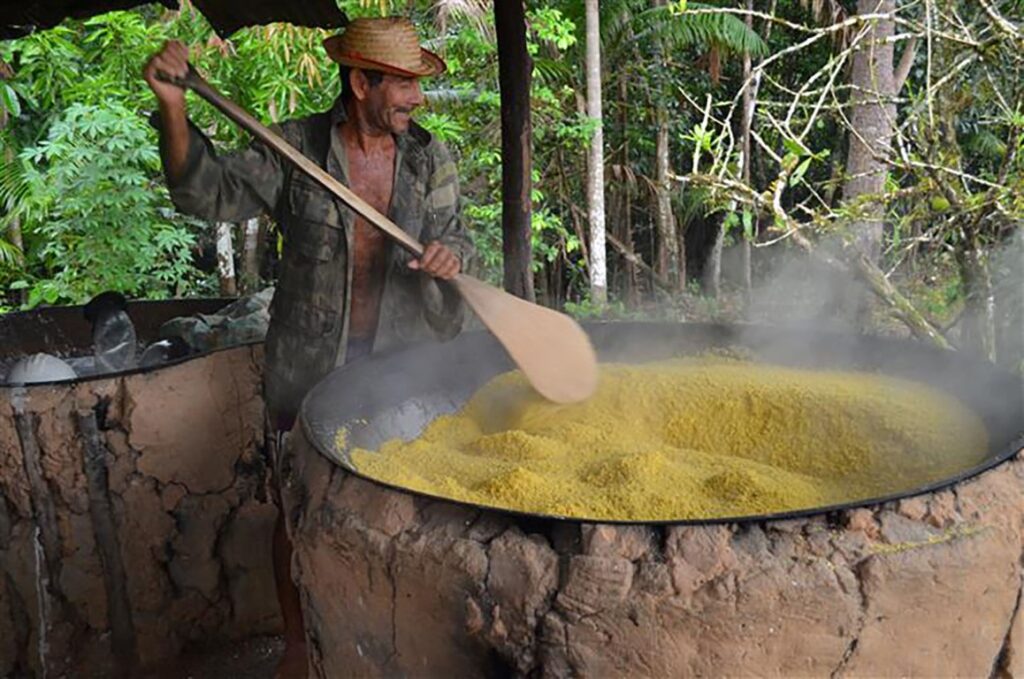
Many families in the lower Negro River live off government programs and logging, which does not guarantee fair remuneration and, most of the time, is outside the management norms. IPÊ believes in strengthening the chains of Amazonian sociobiodiversity products to generate income and value traditional knowledge and practices.
This is the proposal of the “Eco-Polos Amazônia XXI” project.
In recent years, timber extraction has been one of the only alternatives for generating income for many families in the lower Rio Negro. The problem is that this activity lacks stability, fair pay and, more often than not, does not comply with official management standards. The focus on this type of activity means that a lot of traditional land use knowledge is forgotten, directly affecting families’ food sovereignty.
IPÊ, which has been working in the region for more than 10 years, believes that strengthening socio-biodiversity product chains is an appropriate alternative for reversing this situation, promoting income generation by valuing local products and, at the same time, revitalizing traditional knowledge and management practices.
Together with communities, create income generation alternatives that improve quality of life, promoting socio-environmental sustainability in the region. Currently, many families live off income from government programs and timber harvesting (sawed and for skewers) which does not guarantee stability, fair remuneration and in most cases does not comply with official management standards. One of the ways to change this situation is to strengthen Amazon socio-biodiversity product chains, which can generate income, value knowledge and revitalize traditional management practices, and this is the project's proposal.
Check out news about the project and the Baixo Rio Negro region www.ipe.org.br/blogecopolos

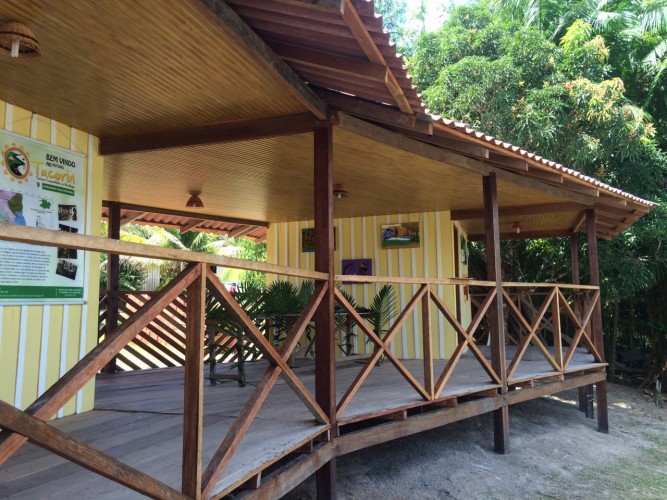
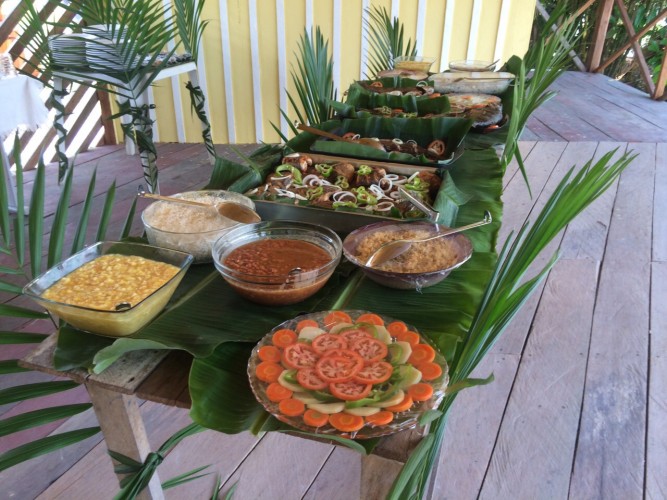
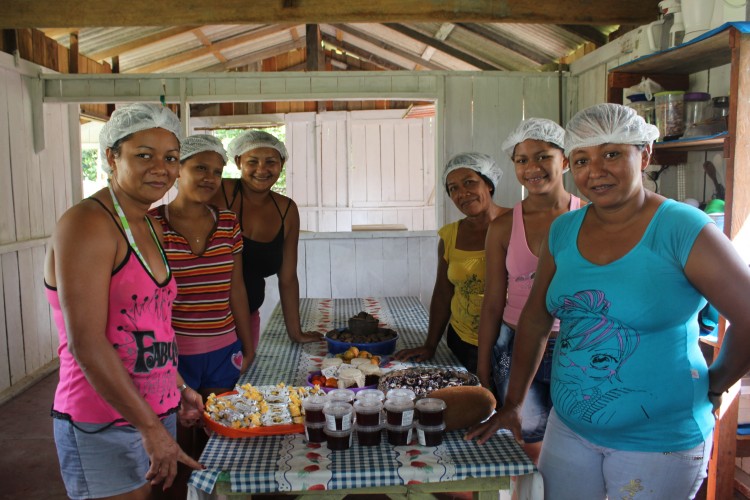
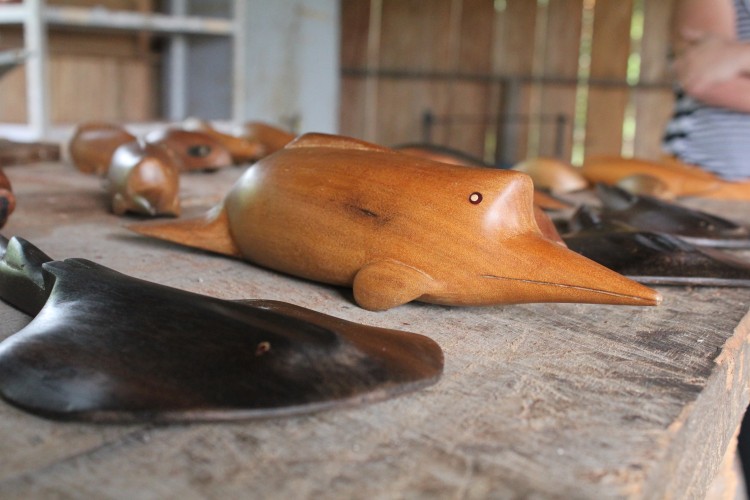
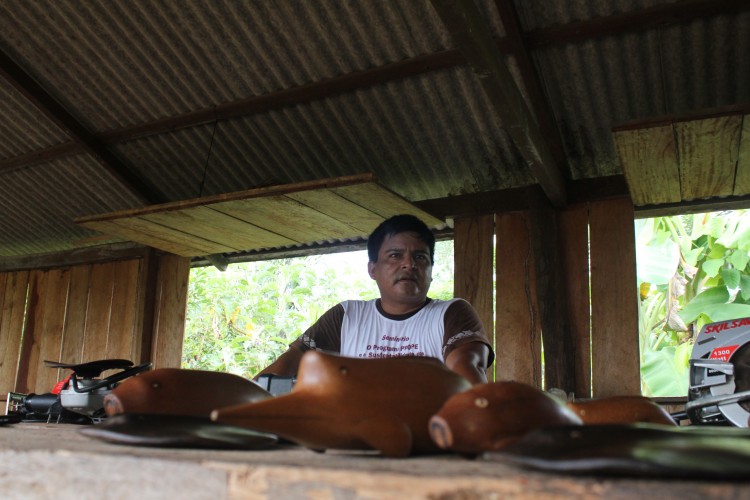
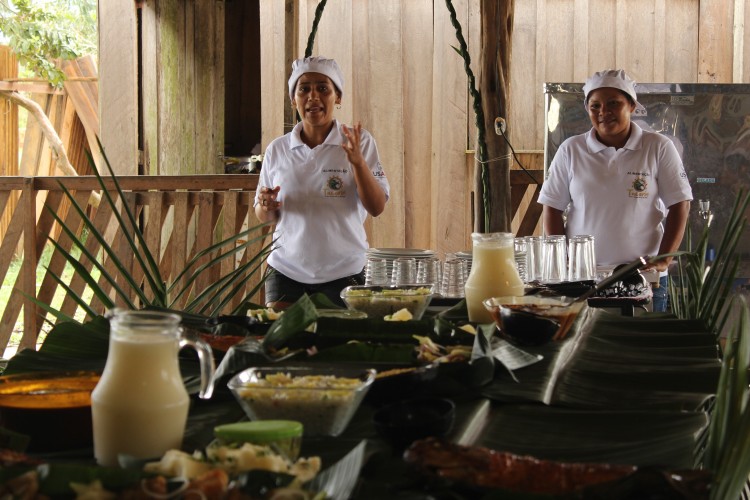

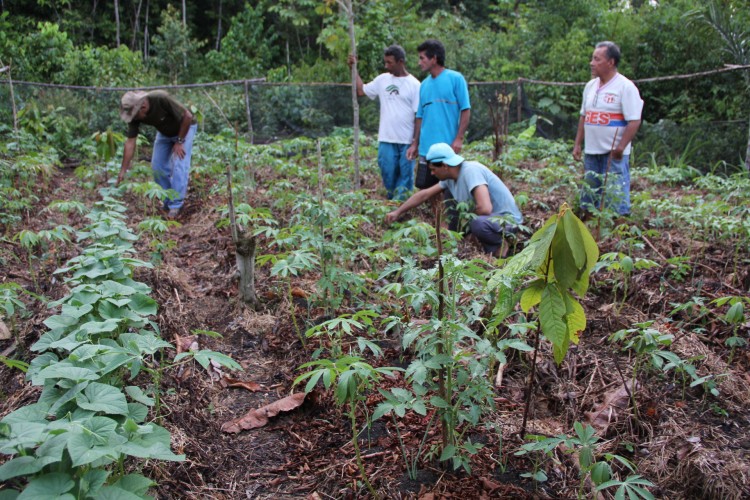
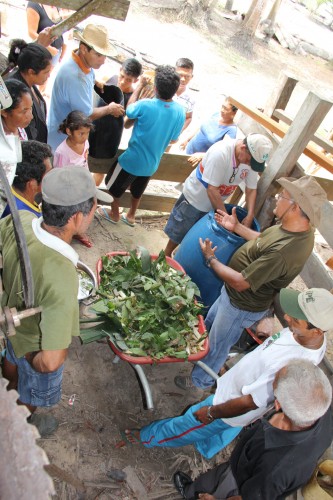
Rod. Dom Pedro I, km 47
Nazaré Paulista, SP, Brasil
Caixa Postal 47 – 12960-000
Tel: (11) 3590-0041
Termos de Uso | Estatuto
Copyright © Ipê – Instituto de Pesquisas Ecológicas.
Email: ipe@ipe.org.br